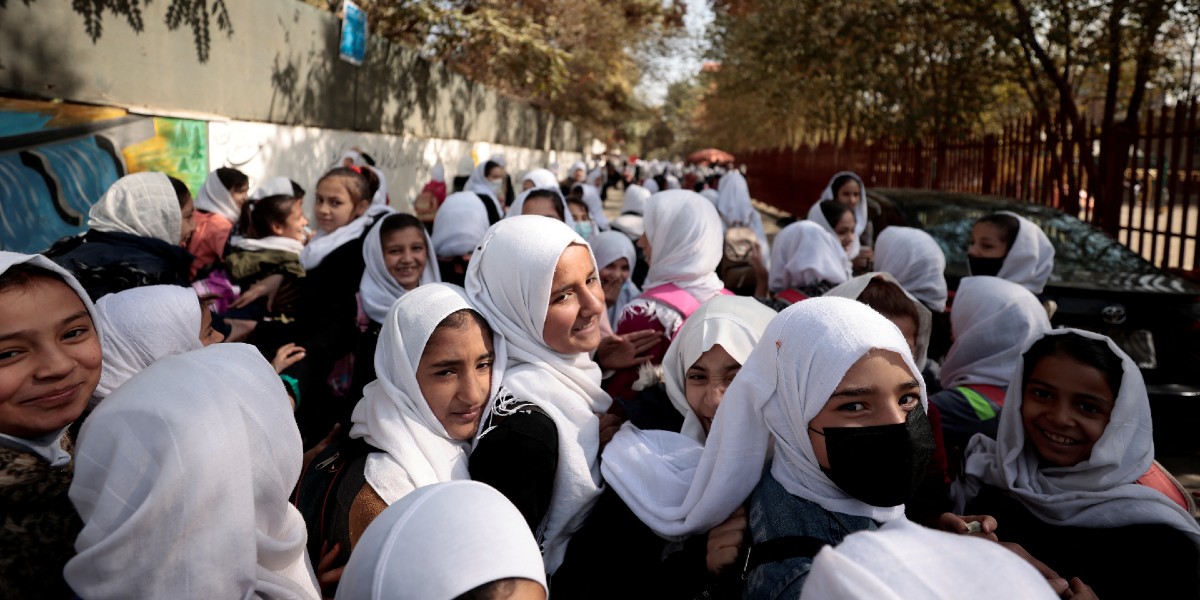The United Nations Assistance Mission in Afghanistan (UNAMA) has issued a stark warning about the future of girls’ education globally, with an alarming focus on Afghanistan. According to recent estimates, by 2030, 110 million girls worldwide, including in Afghanistan, are likely to be deprived of schooling.
In a statement released on its Facebook page, UNAMA emphasized the grave consequences of this educational gap. Girls who are denied access to schools face increased risks of violence and abuse, UNAMA said. This warning is particularly pertinent for Afghanistan, where post-September 2021 data reveals that over 1.1 million girls over the age of twelve have been barred from attending school, the organization added.
This exclusion, resulting from the Taliban’s return to power and the subsequent collapse of the republican system, has left girls in Afghanistan particularly vulnerable. The UNAMA report notes that the highest numbers of girls lacking educational access are in South and Central Asia, a region where they not only miss out on education but also on broader life opportunities.
The situation in Afghanistan is especially dire, with girls above the sixth grade explicitly prohibited from attending school under Taliban rule. This policy has had devastating effects on young women’s lives. Many have resorted to small businesses to sustain themselves, while others have faced severe mental health challenges due to the impact of this educational deprivation.
In a recent statement, the Taliban’s Ministry of Education declared that there are no age restrictions for girls attending religious schools. However, this does little to address the broader issue of restricted access to general education, a critical factor for empowering young women and ensuring their full participation in society.





